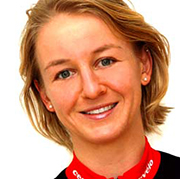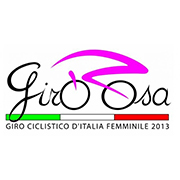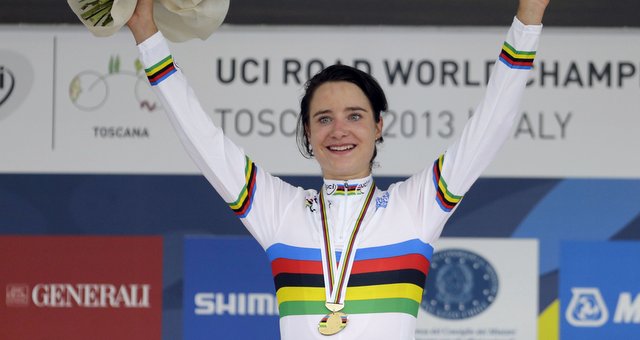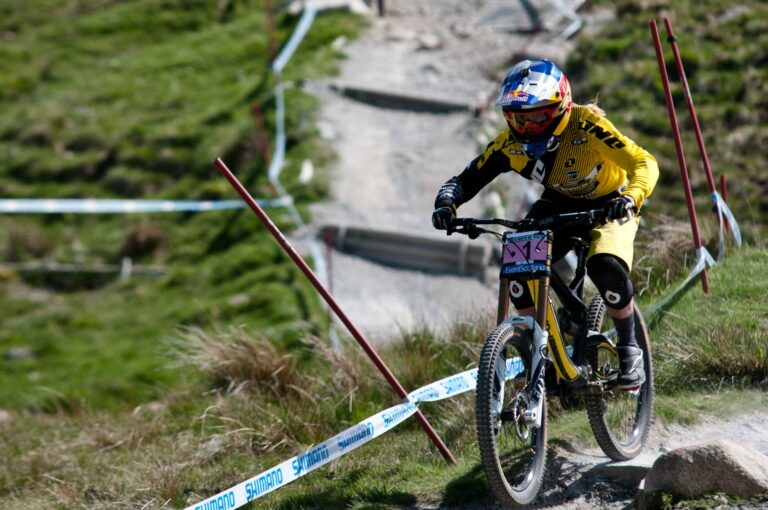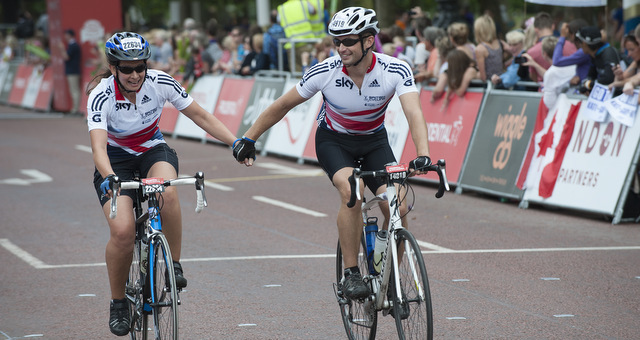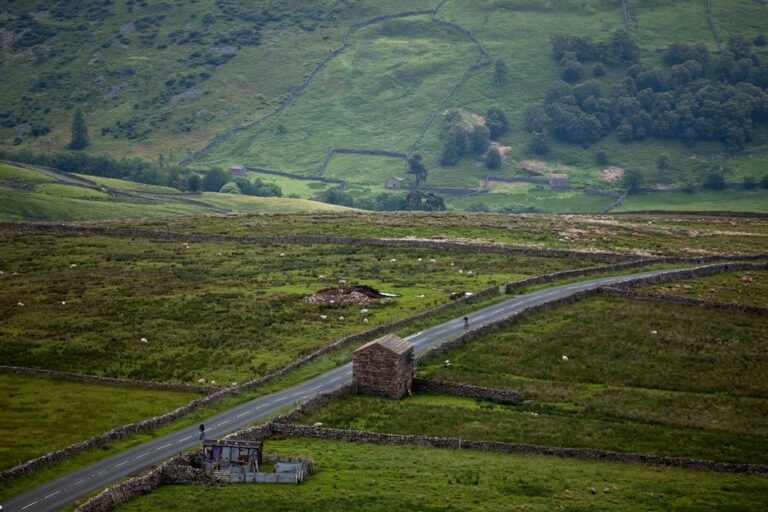The 100th edition of the Tour de France may be in full swing, but the men aren’t getting all of the limelight. The media are finally taking a break from discussing the blokes and are now reporting on a campaign spearheaded by some of the world’s top female cyclists, to allow women to race in the Tour de France.
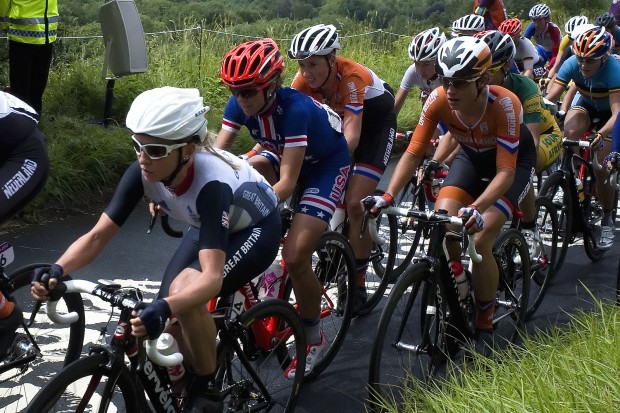
Britain’s former world champion and Olympic medallist, Emma Pooley is among four cyclists who have set this campaign in motion, for women to be included in the Tour de France, as early as next year:
My real dream is to see us doing the same race on the same course, I think that’s maybe a lot to happen next year or in the next few years. [But] at the moment, it’s perfectly possible next year to run a three-week race with the men with slightly shorter stages.
Pooley, world and Olympic champion Marianne Vos, world champion ironman triathlete Chrissie Wellington and Kathryn Bertine have published a letter to ASO (Amaury Sports Organisation) and Tour director Christian Prudhomme with an accompanying petition outlining the reasons they believe that women should have an event running in conjunction with the men in what is the most recognisable cycling event in the world.
Such an event is not a new concept. The Tour Féminin, a French grand tour for women, ran from 1984 through 2009 albeit with considerable difficulty and three years where it was disbanded (1990, 1991 and 2004). Among the issues were unpaid prize money, excessively long transfers and stages, scheduling issues, poor sponsorship, and a legal battle with ASO subsidiary Société du Tour de France over its then-name, the Women’s Tour de France.
The petition is gathering momentum fast, within 24 hours of launching it received over 6,000 signatures. Now, with a couple of days under its belt, it’s well over 16,000.
Sign our petition so women can race the Tour de France. Make it happen! https://t.co/wgU6u9vhmu …@chrissiesmiles @PooleyEmma @KathrynBertine
— Marianne Vos (@marianne_vos) July 12, 2013
Want to see more bike racing on TV like the women’s Olympics? Please sign this petition! http://t.co/pbC4FbzrWn via @change
— Emma Pooley (@PooleyEmma) July 12, 2013
Currently the UCI (Union of Cycliste Internationale) rules set significantly different maximum distances for men’s and women’s stage races.
In elite men’s races the maximum average daily distance is 180 kilometres, with a maximum of two stages of over 240 kilometres in races of 10 days and more.
For the elite women’s races the maximum average daily distance is 100 kilometres, with only one stage of 150 kilometres maximum allowed.
The 2013 Tour de France covers 3,043 kilometres in 21 stages for an average daily distance of 145 kilometres. The longest stage was 242.5 kilometres up Mount Ventoux on Sunday.
The Tour de France was first run in 1903, but stopped during both world wars, meaning 2013 is the 100th year it has been staged.
For women, the longest stage race organised in 2013 was the Giro Rosa, at 778.5 kilometres over 8 days. Traditionally it has been 10 days, but due to clashing with the Mediterranean Games, it was cut, so the riders could participant in both.
Further to this, the Giro Rosa is not only the last grand tour on the women’s calendar, it was also threatened with complete extinction until a new organiser, Erre 4, stepped in earlier this year to guarantee it will run through to 2016.
Want to sign the petition? Go to change.org website and then pass the link on.
Follow the growing campaign on Twitter: @LeTourEntier
Headline image by Chris Barber via Flickr.

